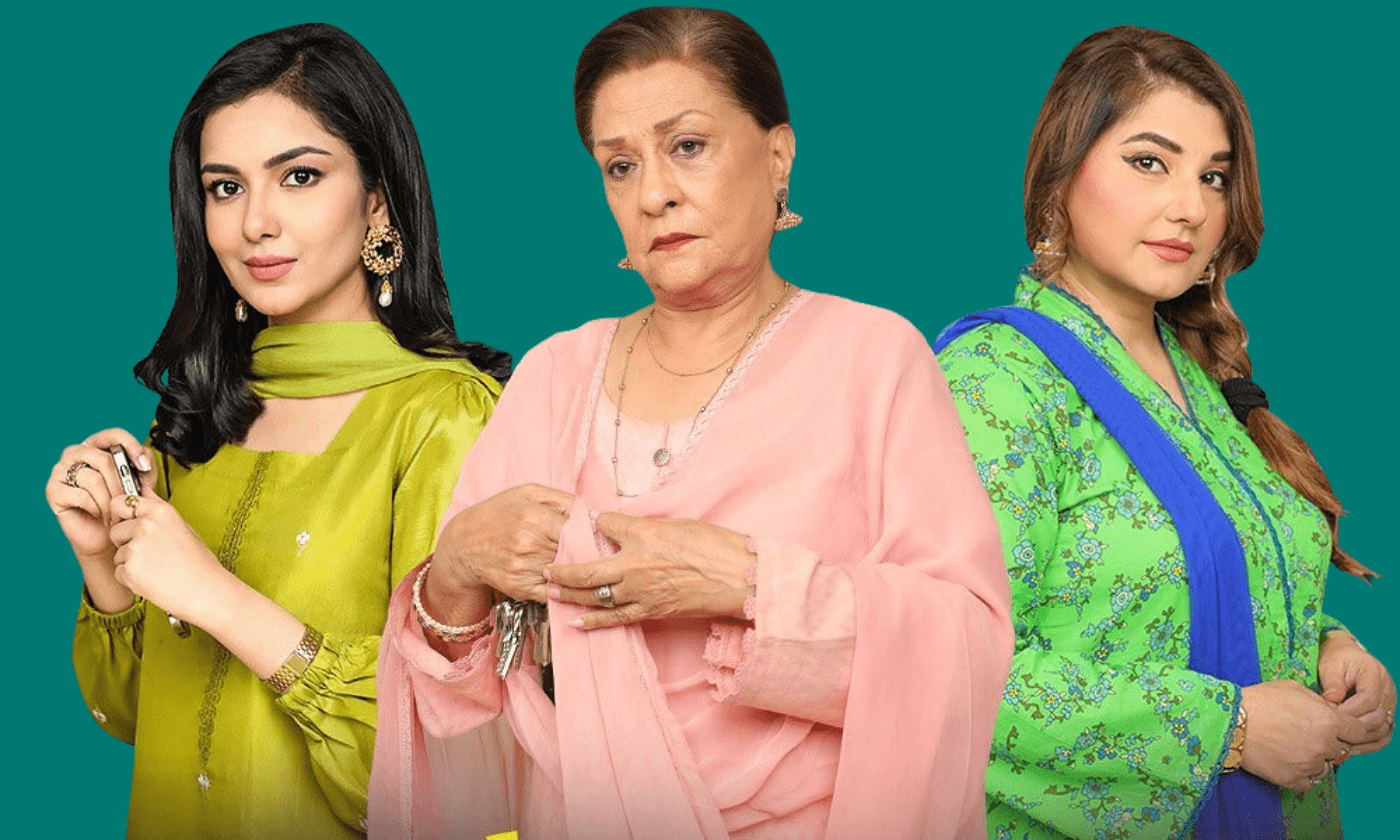Baby Baji Forevermore
When choosing a name for a baby, many factors come into play: the meanings of the name, the religious context, and the historical or cultural significance. Many people in the Subcontinent believe that our names have a decisive impact on our lives and therefore careful consideration should be given when naming a newborn. However, in marked contrast to this, scant attention is paid to the nicknames that are often associated with the baby’s name either from day one or in adulthood.
In Pakistan, one easily comes across a never-ending variety of nicknames including Guddu, Babloo, Chunnu, Munnu, Guriya, Pinky, Pappu and Puppy. The world of nicknames is continuously evolving and, on occasion, can appear quite complicated and often strange. Interestingly, whether for the right or the wrong reasons, nicknames have immense potential to overshadow our real names – the official identity given to us at birth.
Nicknames are also a less acknowledged and under discussed part of our literary landscape. In fact, despite the enormous number and diverse range of nicknames that Urdu generates, an Urdu dictionary of nicknames has yet to be produced – and so the whereabouts of Kallo, Mallo, and Sallo, and the likes of Chammu, Gulabo, and Jamalo, remain a mystery to us.
From the word go, a newborn is often called Munna, Munni, Munnu, Nanna, Guddu, Guriya, Guddi, Baby, Cutie, Sweetie or Babli. This instant identity then works in parallel with the official given name – the one arrived at after deliberation, scrutiny, discussion and the personal preferences of one or both parents. In some cases, people tend to call the child using a short-form, modified and sometimes distorted version of the original name – Sarfaraz as Saify, Faizan as Faizy, Iftikhar as Ifti, Imran as Immu, Waqas as Wiki, Shahzad as Shazy, Shaukat as Shoki, Shahida as Shaddu, Shabnam as Shabbo, Zeeshan as Shani, and Zulfiqar as Zulfi.
Then there are the nicknames we attribute to one another to express love and affection. The ones that become terms of endearment within a smaller group – couples, siblings, classmates and friends. The Urdu phrase pyar se bulana best describes the intent behind calling people by their nicknames. However, in some cases, these childhood identities remain in place for the rest of one’s life, so that we come to meet a Baby Baji or a Munni Baji in their late seventies. ‘Baby’ is perhaps one of the most popular nicknames in the Subcontinent. The TV serial Baby Baji truly reflects the ubiquitous presence of an old pro Baby Baji living next door.
As seen in many urban localities, people with a less literate and poorer socio economic backgrounds tend to coin more interesting yet blunter nicknames, and which sometimes make little or no sense. From Laddan, Babban, Nabban, Namman and Pappan to Kallan, Munnan, Chamman, Gullan, Cheena, Ponya and Bitto, one wonders about the rationale behind these non literary gems. Jazzing up the nicknaming mania, sobriquets such as Chadda, Dhakkan, Blanka, Funtar, Tabahi, Chingari and Tunari – along with a host of other out-of-the-box nicknames – defy logic but are nevertheless used with gusto by men and women of all ages. And when common words such as X-ray, pateela, chamcha, topi and carrom board can be used as nicknames, then the sky is definitely not the limit when applying nicknames in this part of the world.
In my old neighbourhood, a family of butchers would always turn to my late father, an Urdu poet and numerologist, when it came to naming a newborn child. Using the best of his knowledge and the help of a host of numerological references and insights, my father suggested names like Umair, Owais and Shahzad, which they wholly accepted. But a short while later, much to my father’s shock, Umair was nicknamed ‘Cappu’, Owais ‘Chapatu’ and Shahzad ‘Chooi’. Clearly, no grammar limitations or language rules are followed. Feel free to choose any word from any language spoken under the sun, without regard to meaning or the alignment of the stars or planetary movements. In a land ruled by Chooi, Cappu and Chapatu, nicknames go beyond anything resembling logic.
The well-known political cartoonist Feica once revealed that he used to call his two young daughters CTBT (comprehensive nuclear test ban treaty), a term that became popular in the late nineties. There is also a touch of intimacy attached to a nickname, whereby we do not allow anyone else to use it. For example, when at home, Quaid i-Azam Mohammad Ali Jinnah and Mohtarma Fatima Jinnah were ‘Jin’ and ‘Fati’ to each other. A nikah khawan once said he had to wait an hour to confirm the bride’s real name, as she was mostly known by her nickname. Like your original name, your nickname is your personal space shared with a selected few. In the world of showbiz and literature, finding people who actually use their original names is not easy. Perhaps many prefer to hide behind the façade of a Bunty or a Babli, rather than grow up. However, not everyone wants to have a sobriquet or be called by anything other than their original name. But then there are also people who revel in having more than one nickname – a telltale sign perhaps of a dissociative identity disorder?
A nickname describes a person’s characteristics – positive or negative, true or false. Names that include Billo Rani, Tuk Tuk, Shahid Afraidi, Maulana Diesel, Showbaz Sharif, Mr 10 Percent, Chief Saab, Nakam Khan, and Tractor Trolley. Clearly, unlike William Shakespeare’s line, “What’s in a name?”, a nickname might not be as sweet as it sounds. Be it Ali Zafar’s Channo or Abrar ul Haq’s Billo, we must be selective when associating our loved ones with a name they are not born with. From nicknames with no meanings (Gogi, Momo and Bobo) to those with bad connotations (Noni), we should never take our informal identities for granted.
Faizan Usmani is Senior Editor, Intersys, an international IT firm. faizanusmani76@gmail.com




Comments (5) Closed